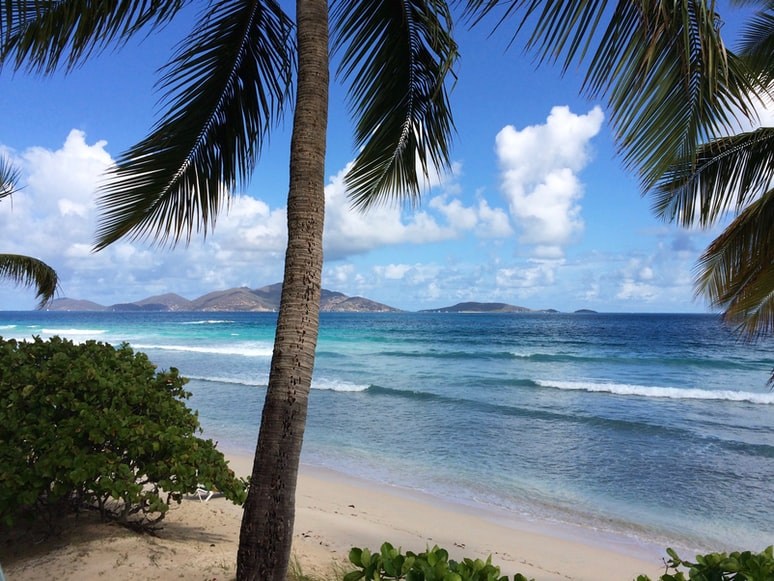The Council adopted today the EU list of non-cooperative jurisdictions but without taking into account the recent disclosures in the Pandora Papers of tax evasion in other tax havens.
The update took place against the backdrop of the report this week by the International Consortium of Investigative Journalists, a non-profit newsroom and network of journalists centered in Washington D.C., and its media partners in several countries around the world.
They call their investigative project the “Pandora Papers” because “the collaboration builds upon the legacy of the Panama and Paradise Papers, and the ancient myth of Pandora’s Box still evokes an outpouring of trouble and woe”.
The journalists obtained more than 11.9 million financial records, containing 2.94 terabytes of confidential information from 14 offshore service providers, enterprises that set up and manage shell companies and trusts in tax havens around the globe.
The files reveal secret offshore holdings of more than 130 billionaires from 45 countries, including 46 Russian oligarchs. Other clients include bankers, big political donors, arms dealers, international criminals, pop stars, spy chiefs and sporting giants. In Belgium alone, 1,271 names were uncovered.
A former European Commissioner and current politicians in EU member states have also been implicated in the Pandora Papers.
While owning an offshore company is legal, the secrecy it provides can give cover to illicit money flows, enabling bribery, money laundering, tax evasion, terrorism financing and human trafficking and other human rights abuses, according to the investigative consortium.
The reporting shows how the United States, in particular, has become an increasingly attractive destination for hidden wealth.
The Pandora Papers include documents from 206 U.S. trusts in 15 states and Washington, D.C., and 22 U.S. trustee companies. Hundreds of millions of dollars have been moved from offshore havens in the Caribbean and Europe into South Dakota, a sparsely populated American state that has become a major destination for foreign money.
The 14 offshore service providers operate in jurisdictions including Anguilla, Belize, Singapore, Switzerland, Panama, Barbados, Cyprus, the United Arab Emirates, the Bahamas, the British Virgin Islands, the Seychelles and Vietnam, and they draw clients from more than 200 countries and territories, according to the report.
The EU list which was updated today, however, does not include any of these tax havens. The next revision is due in February 2022.
The EU list is updated twice a year and aims at tackling tax fraud or evasion (illegal non-payment or under payment of tax), tax avoidance (use of legal means to minimise tax liability) and money laundering (concealment of origins of illegally obtained money). It is intended to help EU member states and lists non-EU countries that encourage abusive tax practices, which erode member states' corporate tax revenues.
The list is composed of American Samoa, Fiji, Guam, Palau, Panama, Samoa, Trinidad and Tobago, US Virgin Islands, and Vanuatu. EU member states cannot be included in the list although some of them could also be considered as tax havens.
EU position
Whether the Pandora papers will prompt the European Commission to change its position is difficult to predict. Asked at the Commission’s press conference on Monday to comment on the Pandora Papers and its implications for its policy against tax evasion, a spokesperson confirmed that it was aware of the media reports about the Papers.
“The Commission has been extremely proactive over the past years in tackling such issues, and has driven forward a very ambitious agenda to increase tax transparency and fight aggressive tax planning,” he replied. “As a result, we now have a robust legislative framework in place in the EU, with some of the highest tax transparency standards in the world.”
However, that does not mean that the Commission can be complacent, and it is continually working to further strengthen its armoury against tax abuse, he assured.
“The Commission is also preparing new legislative proposals that will further enhance tax transparency and reinforce our fight against tax evasion. This includes a proposal before the end of the year to tackle the misuse of shell companies for tax purposes.”
“Tax evasion and money laundering continue to flourish through letterbox companies despite all past scandals,” Sven Giegold, Greens/EFA financial and economic affairs spokesperson in the European Parliament, commented. “We need stricter rules that ensure full transparency and the better exchange of information across borders.”
“The Pandora Papers show that the advances in international tax cooperation are not enough. The global minimum tax only applies to large corporations, but not to the letterbox companies of the wealthy and corrupt.”
However, his call to the EU ministers of finance to postpone today’s decision on the EU list of tax havens “to avoid embarrassment and ensure that the list is fit for purpose with all global tax havens included” came too late.
M. Apelblat
The Brussels Times

